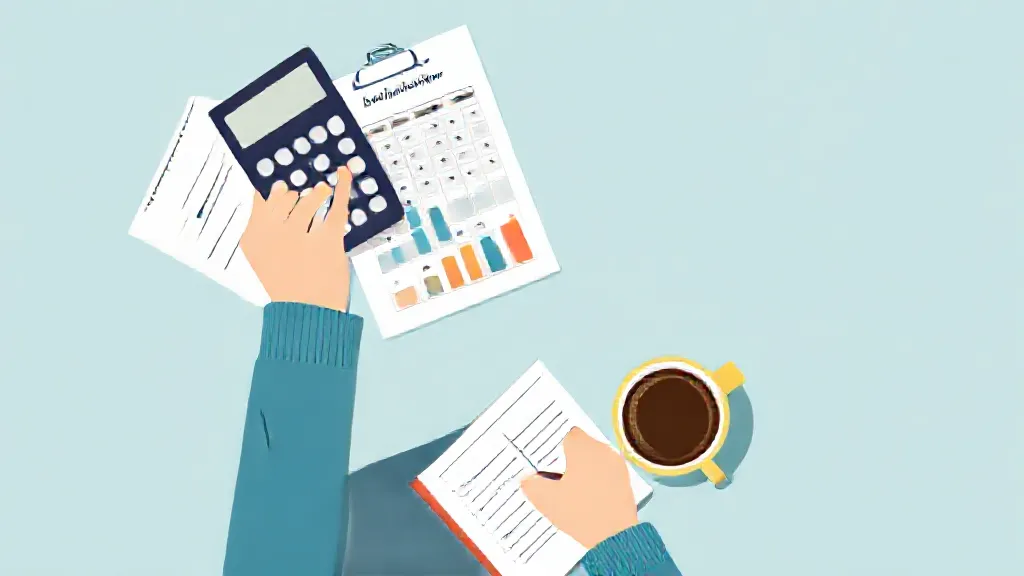In today's fast-paced world, managing personal finances has become increasingly crucial. One of the most effective ways to enhance financial stability is by reducing monthly expenses. This article will delve into various strategies that can help individuals identify unnecessary costs and implement practical solutions to save money.
Identifying Unnecessary Expenses
The first step in reducing monthly expenses is to conduct a thorough review of your current spending habits. This involves tracking all expenses for at least a month to identify patterns. Many people are surprised to find how much they spend on non-essential items such as dining out, subscription services, or impulse purchases.
By categorizing these expenses, you can pinpoint areas where cuts can be made. For instance, if you discover that you frequently spend on takeout meals, consider meal planning and cooking at home as a healthier and more cost-effective alternative.
Creating a Budget
Once you have a clear understanding of your expenses, the next step is to create a budget.
A budget acts as a financial blueprint, guiding your spending and helping you allocate funds for necessary expenses such as housing, utilities, groceries, and transportation. There are various budgeting methods available, such as the 50/30/20 rule, which suggests allocating 50% of your income to needs, 30% to wants, and 20% to savings and debt repayment. By adhering to a budget, you can prevent overspending and ensure that your financial goals are met.
Cutting Utility Costs
Utility bills can take a significant chunk out of your monthly budget. To reduce these costs, consider implementing energy-saving measures. Simple actions like turning off lights when not in use, using energy-efficient appliances, and adjusting your thermostat can lead to substantial savings.
Additionally, consider shopping around for better rates on services such as electricity, water, and internet. Many providers offer competitive pricing, and switching to a different plan or provider can lead to lower monthly bills.
Reviewing Subscription Services
In the age of digital content, subscription services have become ubiquitous.
While they provide convenience and entertainment, they can also accumulate costs quickly. Take stock of all your subscriptions, including streaming services, magazine subscriptions, and gym memberships. Determine which services you genuinely use and enjoy, and consider canceling or downgrading those that are underutilized.
You might be surprised at how much you can save by eliminating just a few subscriptions.
Buying in Bulk and Shopping Smart
Grocery bills often represent a large portion of monthly expenses. To minimize these costs, consider buying in bulk for non-perishable items or products you use frequently.
This approach not only saves money but also reduces the frequency of shopping trips, which can lead to impulse buys. Additionally, utilizing coupons, shopping during sales, and comparing prices at different stores can further enhance your savings. Creating a shopping list before heading to the store can also help you stick to necessary purchases and avoid unnecessary spending.
Reducing Transportation Costs
Transportation expenses, including fuel, maintenance, and insurance, can significantly impact your monthly budget. To reduce these costs, consider carpooling, using public transportation, or even biking for shorter distances. If feasible, you might also explore the option of working remotely to eliminate commuting altogether.
Additionally, maintaining your vehicle through regular servicing can prevent costly repairs down the line, ultimately saving you money.
Building an Emergency Fund
While it might seem counterintuitive to save money when trying to reduce expenses, building an emergency fund is essential for long-term financial health. An emergency fund can prevent you from relying on credit cards or loans in case of unexpected expenses, such as medical bills or car repairs.
Aim to save at least three to six months' worth of living expenses in a separate savings account. This practice not only provides peace of mind but also helps you avoid future financial strain.
Seeking Professional Financial Advice
If you're struggling to make significant changes to your financial situation, consider seeking advice from a financial advisor.
These professionals can provide personalized strategies tailored to your specific circumstances. They can help you create a comprehensive financial plan that includes budgeting, saving, and investing strategies, ultimately empowering you to take control of your finances and reduce monthly expenses effectively.
In conclusion, reducing monthly expenses requires a proactive approach and a commitment to changing spending habits.
By identifying unnecessary costs, creating a budget, and implementing various strategies, individuals can achieve financial stability and peace of mind. The journey to financial wellness may take time, but the rewards of saving money and reducing stress are well worth the effort.
